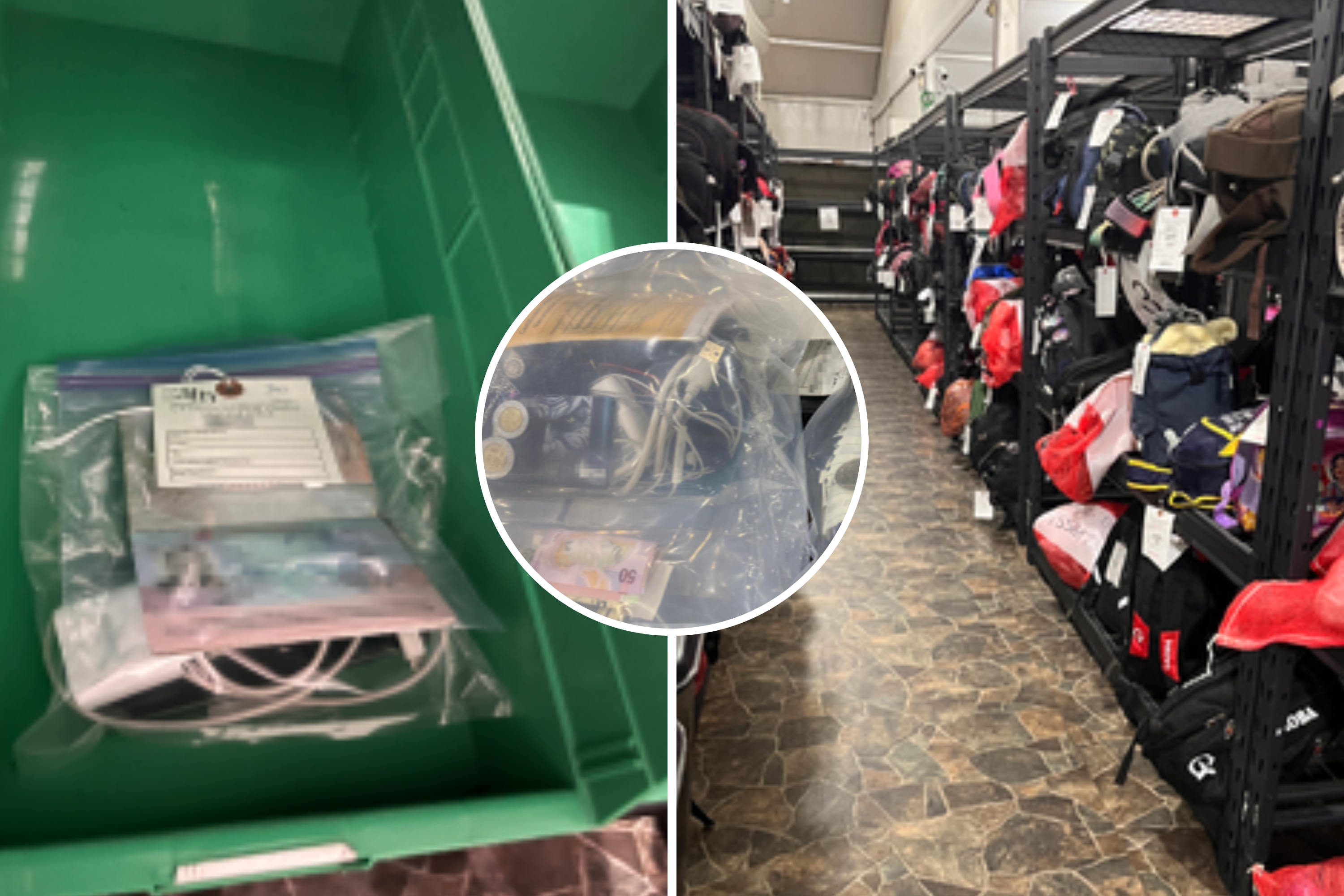Recent changes have been made by Customs and Border Protection (CBP) regarding the treatment of migrants’ personal belongings at the U.S.-Mexico border. Officers are now prohibited from discarding these items, a decision triggered by findings from the Government Accountability Office (GAO) that highlighted serious concerns earlier this year.
Previously, practices varied across facilities, with some denying storage of migrants’ items entirely and others destroying important documents. Under the new directive, all CBP sites are now required to secure as much of the personal property as possible.

Noah Schramm of the ACLU of Arizona praised this development, emphasizing that “the dignity and rights of migrants are not disposable.” The updated policy aims to clarify how CBP manages belongings, addressing critical loopholes flagged by the GAO, which reported over 100 complaints about lost property in early 2023 alone.
Concerns raised included instances where children’s essential medications were wrongly deemed non-essential and confiscated. Moreover, migrants reported that official identification documents, like passports, were sometimes taken and destroyed.
Previously, four out of the nine CBP sectors forced migrants to shrink their belongings into clear plastic bags of varying sizes, which often led to discarding valuable items. Despite claims of limited storage, GAO had observed substantial available space that was not being utilized effectively.

With the new directive, officers must now store as many belongings as possible while adhering to safety and security protocols. Only heavily damaged or unsanitary items may still be discarded.
Upon release from custody, detainees can expect their property to be returned. However, the ACLU stresses that CBP could further improve communication regarding the return process of these items to migrants.
Mike Zamore from the ACLU highlighted that this policy shift is a crucial step toward treating immigrants with the respect they deserve, demonstrating the impact of collective advocacy for change. He asserted that practices that ruin essential possessions have no place in the United States.
